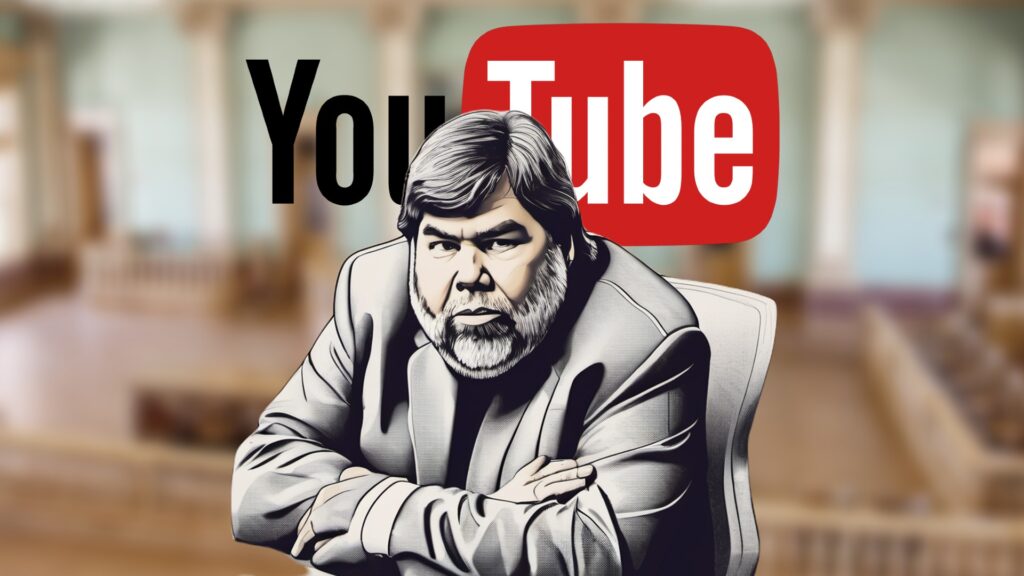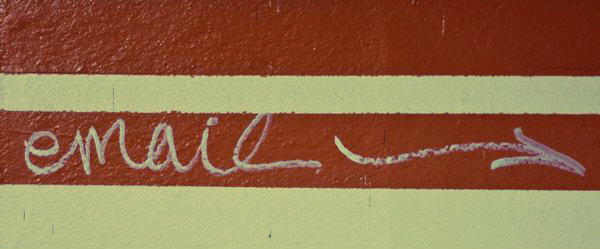(This is a slightly modified cross-post from my firm’s blog.)
Yesterday the U.S. District Court for the Southern District of New York granted Google’s motion for summary judgment in the 8-year-running Google Book Search case. The court held that Google’s copying and display of in-copyright books is a noninfringing fair use. The decision is a signal that modern copyright law, despite its many flaws that become apparent in the digital age, will make at least some room for technological innovation.
About the Case
In 2004, Google announced plans to scan the full text of millions of books, both in the public domain and in-copyright, and to make those scanned works searchable on the web. For in-copyright works, Google would make “snippets,” each comprised of 1/8 of a page, available as search results for keywords contained within them.
Plaintiffs (some individual authors and the Authors Guild) sued Google in 2005 for copyright infringement. The parties reached a settlement agreement in 2008, but the court later rejected that agreement. Earlier this year, plaintiffs suffered a setback when the Second Circuit held that a class action was not appropriate because of the fact-specific fair use questions.
Back at the trial court level, the parties cross-moved for summary judgment. Google argued, as it had from the outset, that the scanning and display is a noninfringing fair use. The court granted Google’s summary judgment motion.
The Court’s Decision
Fair use is an affirmative defense to copyright infringement. Section 107 of the Copyright Act guides a court on how to determine whether a defendant’s use is fair. That provision instructs that it is not copyright infringement if one uses another’s work “for purposes such as criticism, comment, news reporting, teaching (including multiple copies for classroom use), scholarship, or research.” It goes on to provide that a court should apply four non-exhaustive factors in the fair use analysis:
- the purpose and character of the use, including whether such use is of a commercial nature or is for nonprofit educational purposes;
- the nature of the copyrighted work;
- the amount and substantiality of the portion used in relation to the copyrighted work as a whole; and
- the effect of the use upon the potential market for or value of the copyrighted work.
In this case, the court began its fair use analysis by emphasizing how “[c]opyright law seeks to [provide] sufficient protection to authors and inventors to stimulate creative activity, while at the same time permitting others to utilize protected works to advance the progress of the arts and sciences.”
In applying the fair use factors, the court focused extensively on the first factor (purpose and character of the use). In this analysis, the court looked to the key question of whether the use was “transformative.” Borrowing from the Supreme Court, the court looked to whether Google’s scanning and display of the works “superseded” or “supplanted” the original creation, or whether the conduct:
instead adds something new, with a further purpose or different character, altering the first with new expression, meaning, or message; it asks, in other words, whether and to what extent the new work is “transformative.”
The court found the use to be transformative, comparing the “snippets” to thumbnail images, which were found to be protected by fair use in a 2003 case (Kelly v. Arriba Soft) involving an image search engine. Moreover, the court’s opinion noted the extensive benefits occasioned by Google’s efforts, including:
- The creation of new and efficient ways for readers and researchers to find books.
- The increased ability to conduct “data mining” or “text mining” research. For example, using the tool, researchers can examine word frequencies, syntactic patterns, and thematic markers to consider how literary style has changed over time.
- The expansion of access to books. In particular, the court noted how traditionally underserved populations will benefit as they gain knowledge of and access to far more books. Digitization facilitates the conversion of books to audio and tactile formats, increasing access for individuals with disabilities.
- The preservation and “new life” of old and out of print books.
The court acknowledged the idea that Google was engaged in commercial activity through the scanning project. But such fact was not dispositive to the fair use finding. Given the nature of the benefits, the court was satisfied that the purpose and character of the use supported a fair use finding.
On the second fair use factor, the court found that because the works were already published and were non-fiction, the balance tilted in favor of fair use.
The third factor came out “slightly” in Google’s favor. While a copying of all of a work will generally weigh against the defendant in considering the “amount and substantiality of the portion used,” the fact that the search feature would not function properly had the entire work not been scanned, put this factor on Google’s side.
Finally, on the fourth fair use factor — effect on the market — the court rejected plaintiff’s arguments that the scanning and display will negatively affect the sale of plaintiff’s works. Google does not sell the scanned copies, nor would it be feasible or practicable for a user to obtain an entire copy of the work through an assemblage of snippets. In fact, the court noted how the platform will help readers and researchers identify books, thus benefiting authors and publishers. From this, the court found, Google Books will generate new audiences and create new sources of income.
What This Says About Innovation and the Law
Google’s use of technology in this situation was disruptive. It challenged the expectation of copyright holders, who used copyright law to challenge that disruption. It bears noting that in the court’s analysis, it assumed that copyright infringement had taken place. But since fair use is an affirmative defense, it considered whether Google had carried its burden of showing that the circumstances warranted a finding that the use was fair. In this sense, fair use serves as a backstop against copyright ownership extremism. Under these particular circumstances — where Google demonstrated incredible innovation — that backstop provided room for the innovation to take root and grow. Technological innovators should be encouraged.




